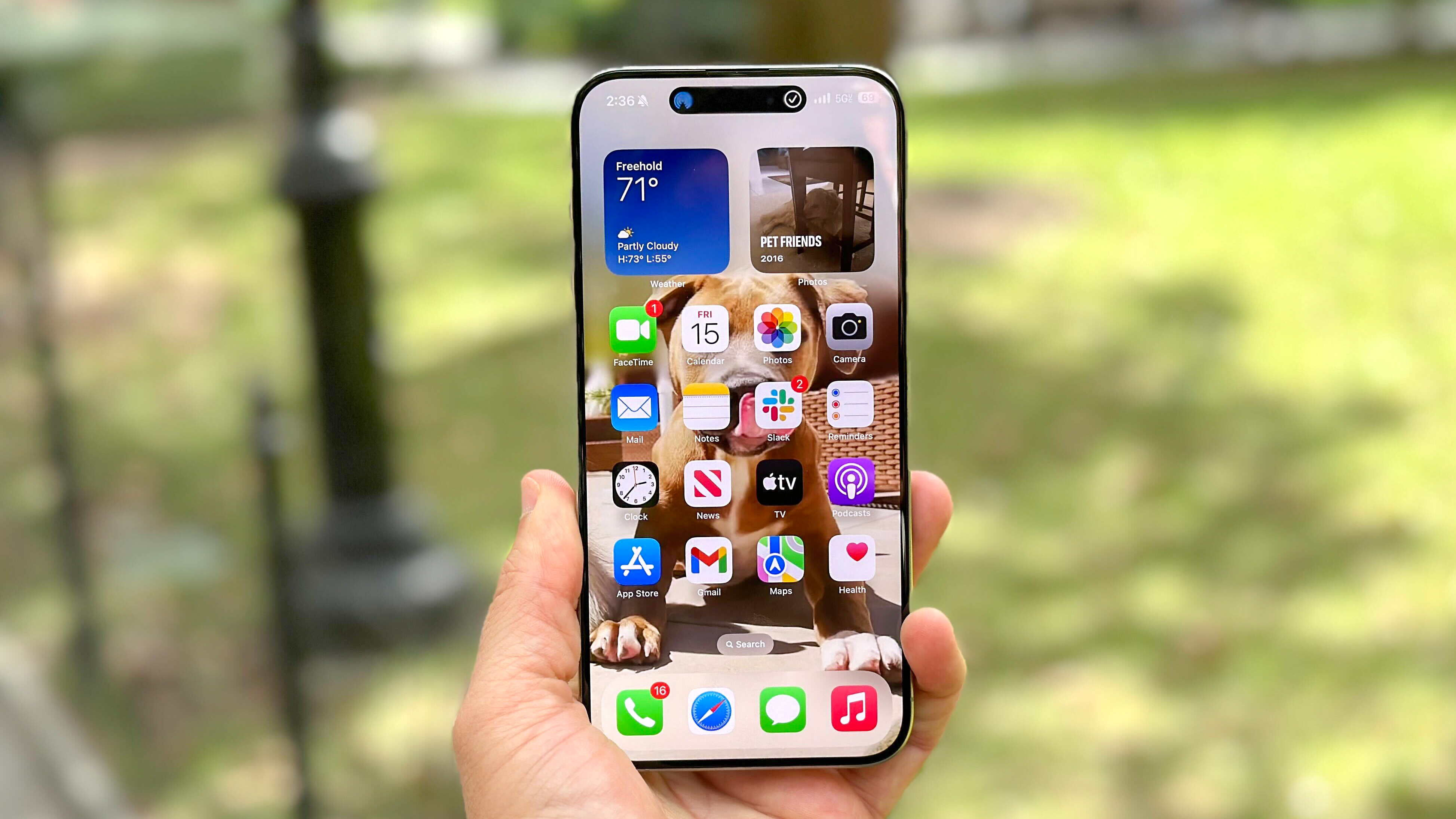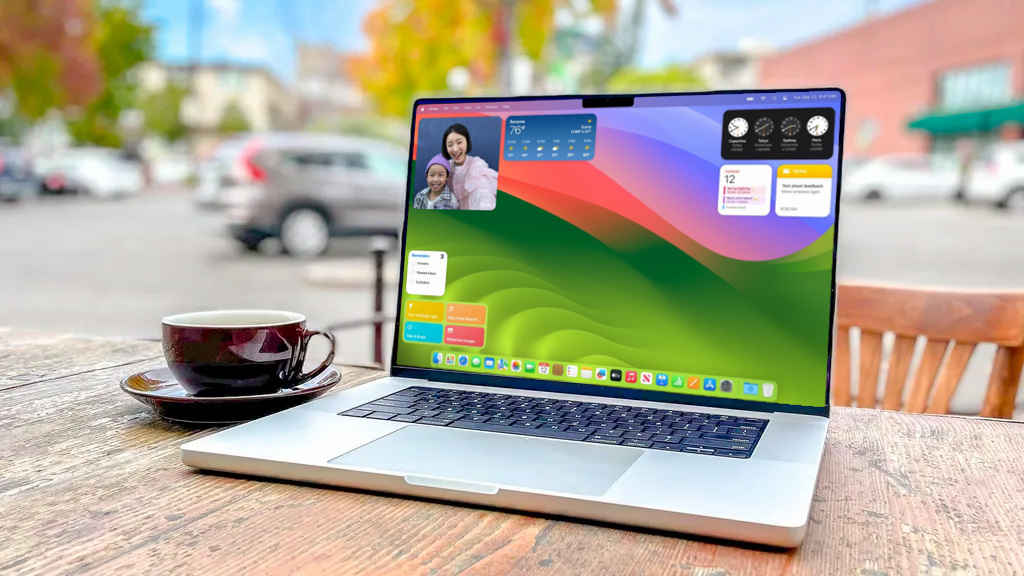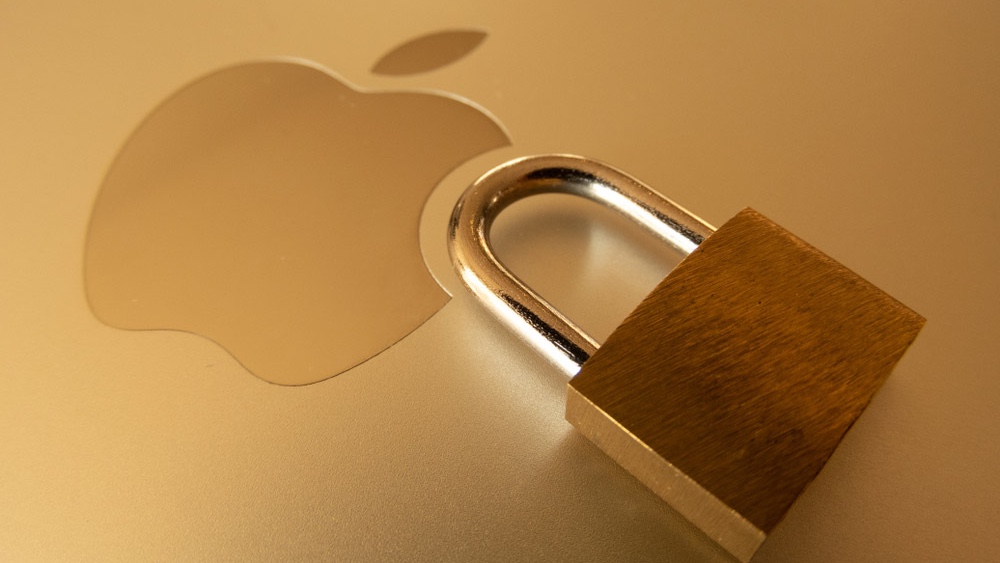iOS 17.2.1 is live — why you should install this surprise iPhone update right now
iOS 17.2.1 contains important bug fixes and it's recommended for all users

In a rare move, Apple has just released an incremental iPhone update following the release of iOS 17.2 earlier this month.
As reported by Forbes, we don’t quite know whether or not iOS 17.2.1 fixes a particular security flaw that impacts the best iPhones since Apple didn’t include any information regarding vulnerabilities. However, in the update itself, Apple does say that it “provides important bug fixes” and “is recommended for all users.”
At the bottom of the update, there’s a link to an Apple support page and if you click on it, you’ll see that iOS 17.2.1 is either an Apple security update or one of the company’s Rapid Security Responses.
While there’s speculation online that this update fixes battery life problems on certain iPhone models, it could just be an update that needs to be ready for the holidays for anyone gifting iPhones to their loved ones.
At the same time though, iPhones have recently been the targets of many spyware attacks and the update could fix a critical vulnerability in the background that Apple isn’t quite ready to disclose. The company has been secretive about vulnerabilities in the past, so this wouldn’t surprise me in the slightest. Just to be clear, though, an Apple spokesperson has told us that there's nothing to the update beyond what's in the release notes, which make no mention of a security fix.
Either way, you’re going to want to update your iPhone as soon as possible and iOS 17.2.1 is available for the iPhone XS and later. You can check to see if the update is ready for your phone by going to Settings, then tapping on General and heading to Software Update.
You’re going to want to update your Mac, too

One of the reasons I believe this surprise update may be more serious than Apple is currently letting on is due to the fact that the best MacBooks have also received an incremental update.
Get instant access to breaking news, the hottest reviews, great deals and helpful tips.
Just like with iOS 17.2, macOS Sonoma 14.2 was also released at the beginning of this month. However, in a separate support document from Apple, the company has revealed that macOS 14.2.1 fixes a critical vulnerability tracked as CVE-2023-42940.
The flaw itself is a session rendering issue that was discovered by Iconfactory’s Craig Hockenberry. While this vulnerability doesn’t seem like it can be exploited by hackers in their attacks, it could lead to incorrect content being shared when Mac users share their screen.
If you own a Mac along with an iPhone, it’s probably best to update both devices at the same time as soon as you can to avoid dealing with any potential issues that could arise.
How to keep your Apple devices secure

The first and most important thing you can do to keep your iPhone, iPad, Mac and other Apple devices safe is to install the latest updates as soon as they become available. I know this can be annoying but hackers often target devices running outdated software.
Besides this, you should also consider installing the best Mac antivirus software on your Apple computers as doing so can protect you from Mac malware and other cyber threats. While there isn’t an iOS equivalent of the best Android antivirus apps, Intego’s antivirus software for Mac can scan both your iPhone and iPad for malware when they’re connected to your Mac via a USB cable.
Although Apple devices are known for being more secure than their Android and Windows counterparts, they’ve increasingly become a target for hackers as they have become more popular over the years. We could learn more about iOS 17.2.1 and macOS 14.2.1 from Apple down the road but as there wasn’t much information in its advisory to begin with, this likely won’t be the case.
More from Tom's Guide
- Hackers now spreading Mac malware via fake browser updates
- This is the one reason iPhone still beats Android on security
- iOS 17.2 gives iPhone users more security while driving but only with Verizon

Anthony Spadafora is the managing editor for security and home office furniture at Tom’s Guide where he covers everything from data breaches to password managers and the best way to cover your whole home or business with Wi-Fi. He also reviews standing desks, office chairs and other home office accessories with a penchant for building desk setups. Before joining the team, Anthony wrote for ITProPortal while living in Korea and later for TechRadar Pro after moving back to the US. Based in Houston, Texas, when he’s not writing Anthony can be found tinkering with PCs and game consoles, managing cables and upgrading his smart home.
 Club Benefits
Club Benefits





